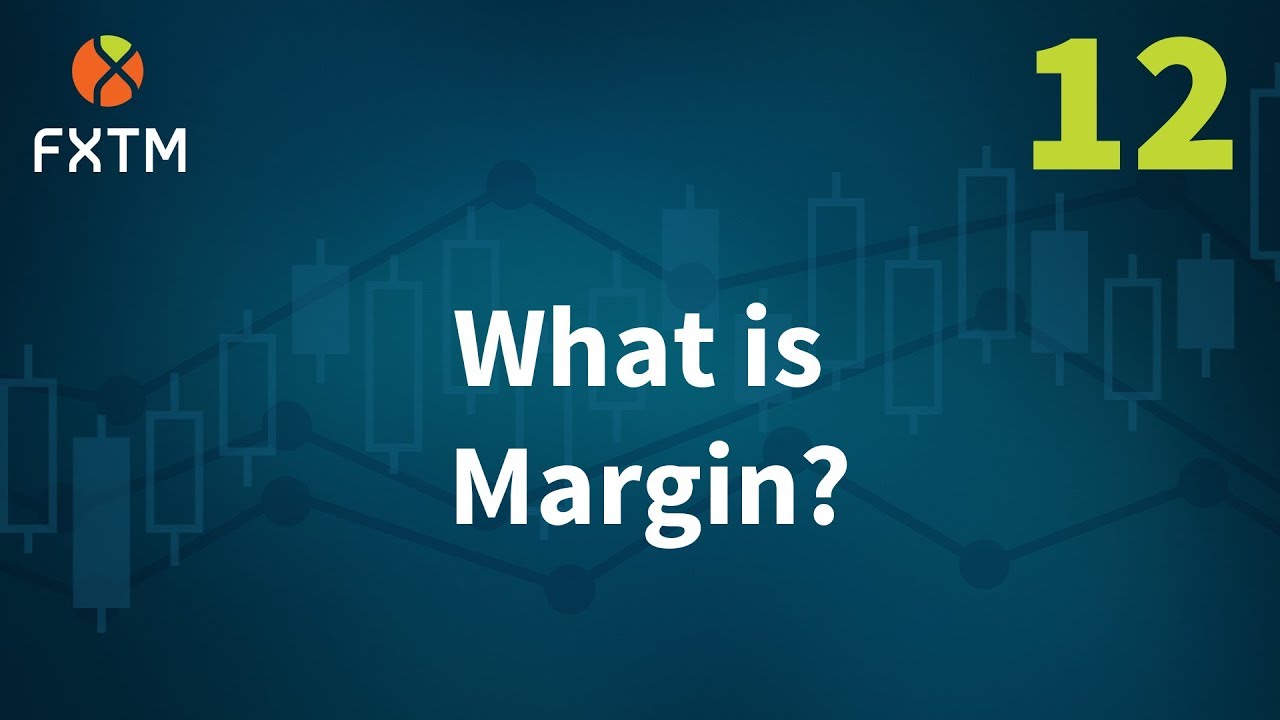
A market maker in the world of equity trading is a service that provides quotes on the sell and buy prices for a tradable asset. Their goal is to maximise their profit via the bid/ask spread. We will be discussing the various types of market makers. There are many things that you can do to become a marketmaker. This article will discuss the primary market makers and the competitive market makers.
Primary Market Maker
Before the announcement can be made, the primary marketplace maker must register in a securities. An NASD primary market maker must comply with certain criteria. These criteria include time at the in-bound bid and ask, the ratio between the spread of the market maker and that of average dealers spread and 50% of market maker quotation updates with no trade execution. If a market maker fails to meet these criteria, the Exchange may suspend the registration. This process can take several months.
In general, a Primary market maker is designated for a particular option class on the Exchange. Each Primary Market Maker must provide specific performance commitments, including minimum average quotation size and maximum quotation spread. Listed options are the most liquid, and they are often traded more frequently. These commitments will be used to assign a Primary Market maker by the exchange. There are many other requirements in these rules. In order to fulfill the rules, the primary market maker must be reasonable.

Competitive Market Maker
The term "competitive marketplace maker" refers a market maker who precommits not to provide liquidity at a level that is higher than what the market will choose to provide. This concept can have two impacts on price efficiency in the context of NEEQ markets. It lowers transaction costs and encourages efficient trading by reducing spread width. This informational costs is the social price of completing trades. This informational cost can be reduced by a competitive market maker while improving welfare.
A market maker that is competitive is able beat a competitor’s quote price within an acceptable range. A market maker would typically buy stock from a retail customer at an inside bid and then sell it at the same market price as another market maker. This allowed the retail broker to meet their obligation of providing the best execution. Moreover, the inside Nasdaq quote represents the price at which most retail transactions occurred. This gives the term "competitive-market maker" many advantages.
Secondary Market Maker
The market maker must list a stock/option in order to allow it to be traded on the exchange. The Market Maker must honor orders and adjust quotations to reflect market changes. The Market Maker must price options contracts fairly. There must be no difference between the offer and bid price of more than $5. The Exchange may place restrictions on Market Makers' activities. Its obligations include providing marketing support and maintaining a trade list.
Market makers exist to ensure that the market functions and provide liquidity. Investors can't unwind their positions if they don't have these firms. The Market Maker purchases securities from bondholders, and makes sure that shares of companies are available for purchase. Market makers serve as wholesalers in financial markets. Below is a list listing active market makers for each sector.

Other MMs
Market makers play a key role in keeping the market working. They buy and sell stocks and bonds in order to help keep prices up and supply and demand balances out. How do you determine if your broker can also be a market maker, however? Here are some things that you need to be aware of when choosing a broker:
Some Market Makers may not be able to comply with their electronic quoting obligations. Certain Market Makers only have to quote in specific markets. These include the SPX. If you do not meet these requirements, your account can be suspended by the Exchange. This is especially important for floor-based market-makers. Some Market Makers may be unable to provide continuous electronic quotes due to their infrastructural limitations. This could have an effect on the liquidity of your account.
FAQ
What is the distinction between marketable and not-marketable securities
The main differences are that non-marketable securities have less liquidity, lower trading volumes, and higher transaction costs. Marketable securities are traded on exchanges, and have higher liquidity and trading volumes. These securities offer better price discovery as they can be traded at all times. However, there are many exceptions to this rule. Some mutual funds, for example, are restricted to institutional investors only and cannot trade on the public markets.
Non-marketable securities tend to be riskier than marketable ones. They are generally lower yielding and require higher initial capital deposits. Marketable securities can be more secure and simpler to deal with than those that are not marketable.
A large corporation bond has a greater chance of being paid back than a smaller bond. The reason for this is that the former might have a strong balance, while those issued by smaller businesses may not.
Investment companies prefer to hold marketable securities because they can earn higher portfolio returns.
Is stock a security that can be traded?
Stock is an investment vehicle where you can buy shares of companies to make money. This is done through a brokerage that sells stocks and bonds.
You could also choose to invest in individual stocks or mutual funds. In fact, there are more than 50,000 mutual fund options out there.
The main difference between these two methods is the way you make money. Direct investment is where you receive income from dividends, while stock trading allows you to trade stocks and bonds for profit.
Both cases mean that you are buying ownership of a company or business. However, if you own a percentage of a company you are a shareholder. The company's earnings determine how much you get dividends.
Stock trading is a way to make money. You can either short-sell (borrow) stock shares and hope the price drops below what you paid, or you could hold the shares and hope the value rises.
There are three types for stock trades. They are called, put and exchange-traded. Call and put options let you buy or sell any stock at a predetermined price and within a prescribed time. ETFs are similar to mutual funds, except that they track a group of stocks and not individual securities.
Stock trading is very popular because investors can participate in the growth of a business without having to manage daily operations.
Stock trading can be very rewarding, even though it requires a lot planning and careful study. To pursue this career, you will need to be familiar with the basics in finance, accounting, economics, and other financial concepts.
What is a REIT?
An REIT (real estate investment trust) is an entity that has income-producing properties, such as apartments, shopping centers, office building, hotels, and industrial parks. They are publicly traded companies which pay dividends to shareholders rather than corporate taxes.
They are similar to a corporation, except that they only own property rather than manufacturing goods.
Why is a stock called security.
Security is an investment instrument that's value depends on another company. It could be issued by a corporation, government, or other entity (e.g. prefer stocks). If the asset's value falls, the issuer will pay shareholders dividends, repay creditors' debts, or return capital.
How are share prices set?
The share price is set by investors who are looking for a return on investment. They want to earn money for the company. So they buy shares at a certain price. Investors will earn more if the share prices rise. Investors lose money if the share price drops.
The main aim of an investor is to make as much money as possible. This is why they invest into companies. It allows them to make a lot.
What's the difference between the stock market and the securities market?
The whole set of companies that trade shares on an exchange is called the securities market. This includes options, stocks, futures contracts and other financial instruments. Stock markets are typically divided into primary and secondary categories. The NYSE (New York Stock Exchange), and NASDAQ (National Association of Securities Dealers Automated Quotations) are examples of large stock markets. Secondary stock markets are smaller exchanges where investors trade privately. These include OTC Bulletin Board Over-the-Counter, Pink Sheets, Nasdaq SmalCap Market.
Stock markets have a lot of importance because they offer a place for people to buy and trade shares of businesses. It is the share price that determines their value. The company will issue new shares to the general population when it goes public. Investors who purchase these newly issued shares receive dividends. Dividends are payments that a corporation makes to shareholders.
Stock markets not only provide a marketplace for buyers and sellers but also act as a tool to promote corporate governance. Boards of directors are elected by shareholders to oversee management. They ensure managers adhere to ethical business practices. If the board is unable to fulfill its duties, the government could replace it.
Statistics
- US resident who opens a new IBKR Pro individual or joint account receives a 0.25% rate reduction on margin loans. (nerdwallet.com)
- Individuals with very limited financial experience are either terrified by horror stories of average investors losing 50% of their portfolio value or are beguiled by "hot tips" that bear the promise of huge rewards but seldom pay off. (investopedia.com)
- "If all of your money's in one stock, you could potentially lose 50% of it overnight," Moore says. (nerdwallet.com)
- Ratchet down that 10% if you don't yet have a healthy emergency fund and 10% to 15% of your income funneled into a retirement savings account. (nerdwallet.com)
External Links
How To
How to trade in the Stock Market
Stock trading is the process of buying or selling stocks, bonds and commodities, as well derivatives. The word "trading" comes from the French term traiteur (someone who buys and sells). Traders trade securities to make money. They do this by buying and selling them. It is one of oldest forms of financial investing.
There are many different ways to invest on the stock market. There are three basic types of investing: passive, active, and hybrid. Passive investors watch their investments grow, while actively traded investors look for winning companies to make a profit. Hybrid investors combine both of these approaches.
Passive investing involves index funds that track broad indicators such as the Dow Jones Industrial Average and S&P 500. This is a popular way to diversify your portfolio without taking on any risk. Just sit back and allow your investments to work for you.
Active investing involves picking specific companies and analyzing their performance. Active investors will analyze things like earnings growth rates, return on equity and debt ratios. They also consider cash flow, book, dividend payouts, management teams, share price history, as well as the potential for future growth. They then decide whether or not to take the chance and purchase shares in the company. If they feel that the company's value is low, they will buy shares hoping that it goes up. On the other hand, if they think the company is overvalued, they will wait until the price drops before purchasing the stock.
Hybrid investing blends elements of both active and passive investing. One example is that you may want to select a fund which tracks many stocks, but you also want the option to choose from several companies. In this case, you would put part of your portfolio into a passively managed fund and another part into a collection of actively managed funds.